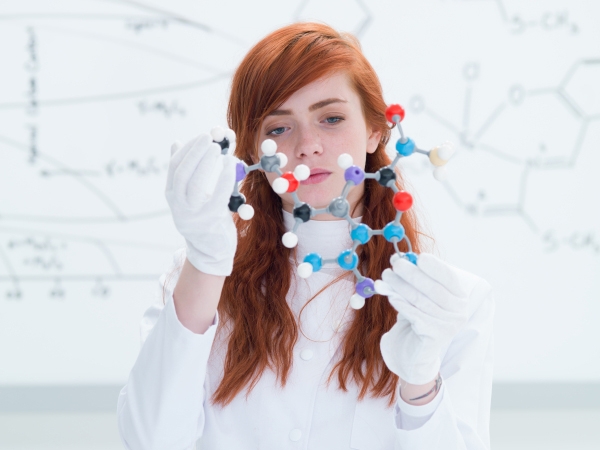
The Biomaterials Research Group, led by Dr Jaco Theron, performs basic and applied research into the development and optimization of biomaterials for cardiovascular and related applications.
Facilities include:
• A polymer processing laboratory where microporous and nanofibrillar polymeric scaffolds are made by phase inversion/porogen extraction, electrospinning and other melt and solvent processing techniques.
• A chemistry laboratory where biomaterials are synthesised, modified and chemically analysed. Examples include the synthesis and modification of polyurethanes for improved chemical stability and mechanical properties; improved tissue fixation chemistries for bioprosthetic heart valves; hydrolytically and enzymatically degradable injectable polyethylene glycol hydrogel formulations; and drug modification, incorporation and controlled release.
• An analytical laboratory (differential scanning calorimetry, Fourier transform infrared spectroscopy, densitometer, Instron tensile tester), for the physico-chemical and mechanical evaluation of materials (metals, polymers, bioprosthetic tissues etc).
The group directly applies biomaterials, scaffolds and matrices to the fabrication, in vitro and in vivo evaluation of vascular grafts. A major breakthrough has establishment in the spontaneous transmural endothelialisation using an animal model established for this purpose.
Current student projects comprise the design and development of radio frequency active proteins, electrospun nanofibrillar scaffolds for vascular graft applications, drug eluting nanofibrillar scaffolds, heparinoid hydrogels for growth factor delivery, and elastin derived vascular scaffolds. The group also synthesizes and supplies materials to, and has strong local collaboration with the Regenerative Medicine and Pathobiology Groups at the CVRU, the division of Biomedical Engineering at UCT, as well as with international collaborators on the development and evaluation of vascular grafts derived from and bacterial cellulose and bioprosthetic tissue.
In addition to continuation of the projects on vascular grafts, heart valves, and materials for myocardial infarction therapy, the group plans to grow with the addition of a post-doctoral fellow to continue with the heparin gel work, a Ph.D. student to work on smart nanofibres, and M.Sc./M.Med. students to continue work on vascular graft development and their in vivo evaluation.